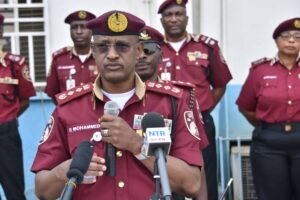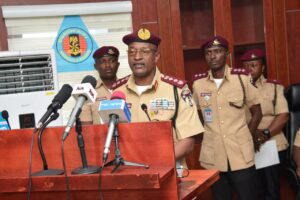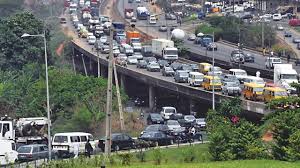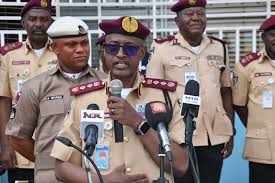Tragedy struck in the early hours of Friday—Good Friday—following a multiple auto crash on Kara Bridge, along the Lagos-Ibadan Expressway. The accident reportedly claimed at least three lives and left several others injured. The incident has caused a severe traffic gridlock in the area, as desperate motorists resorted to driving against the flow of traffic …






